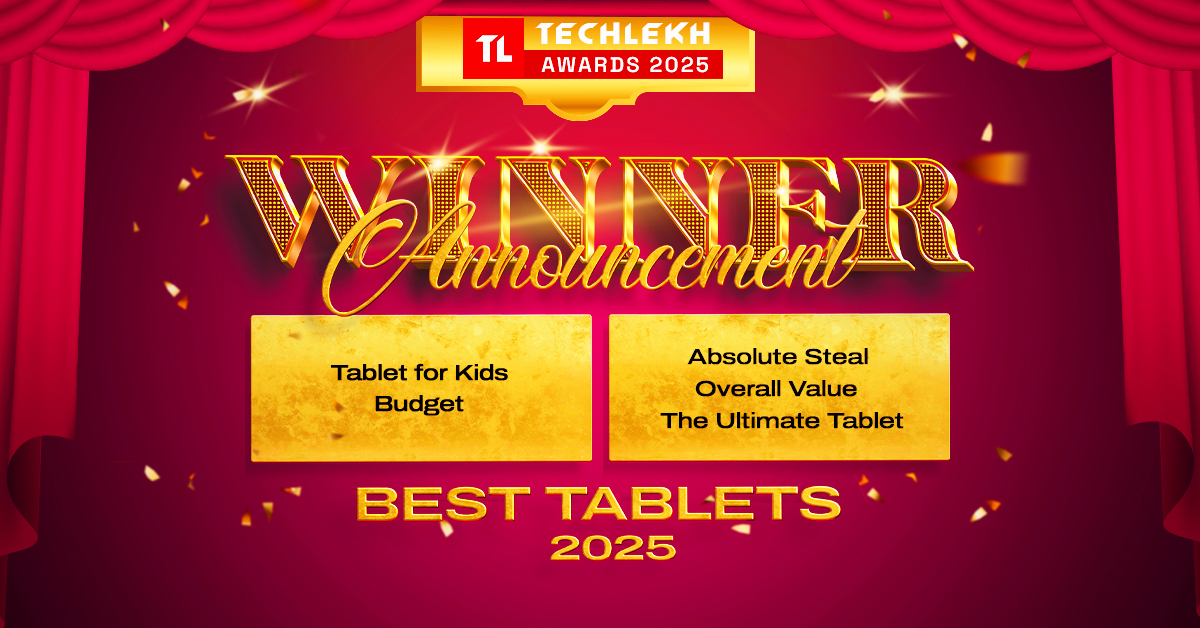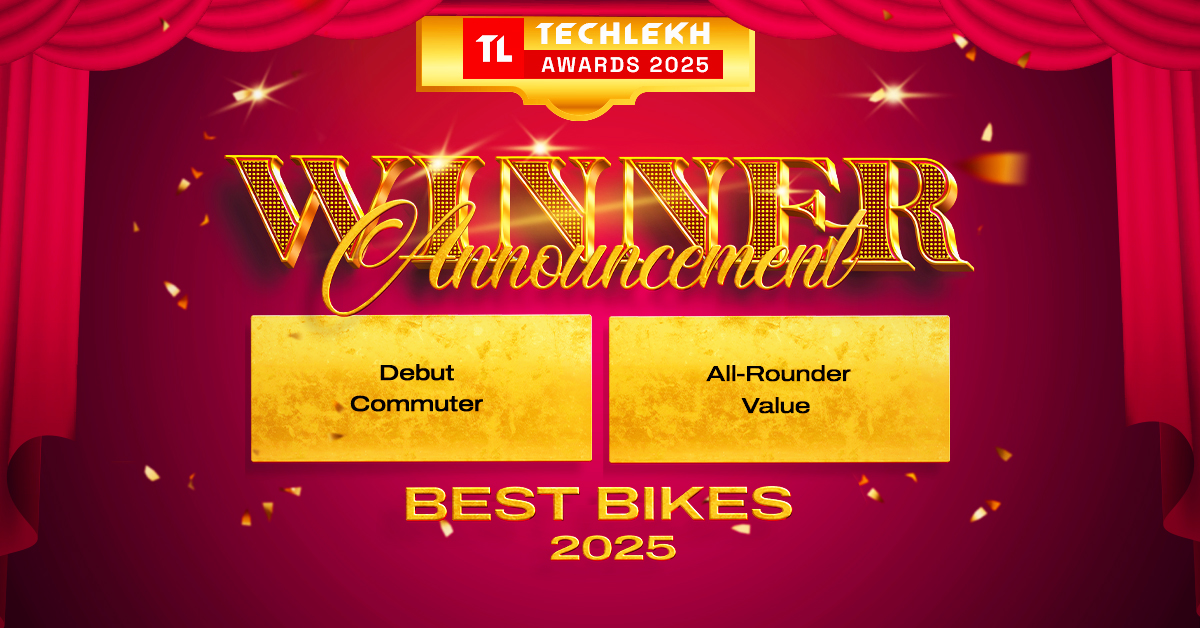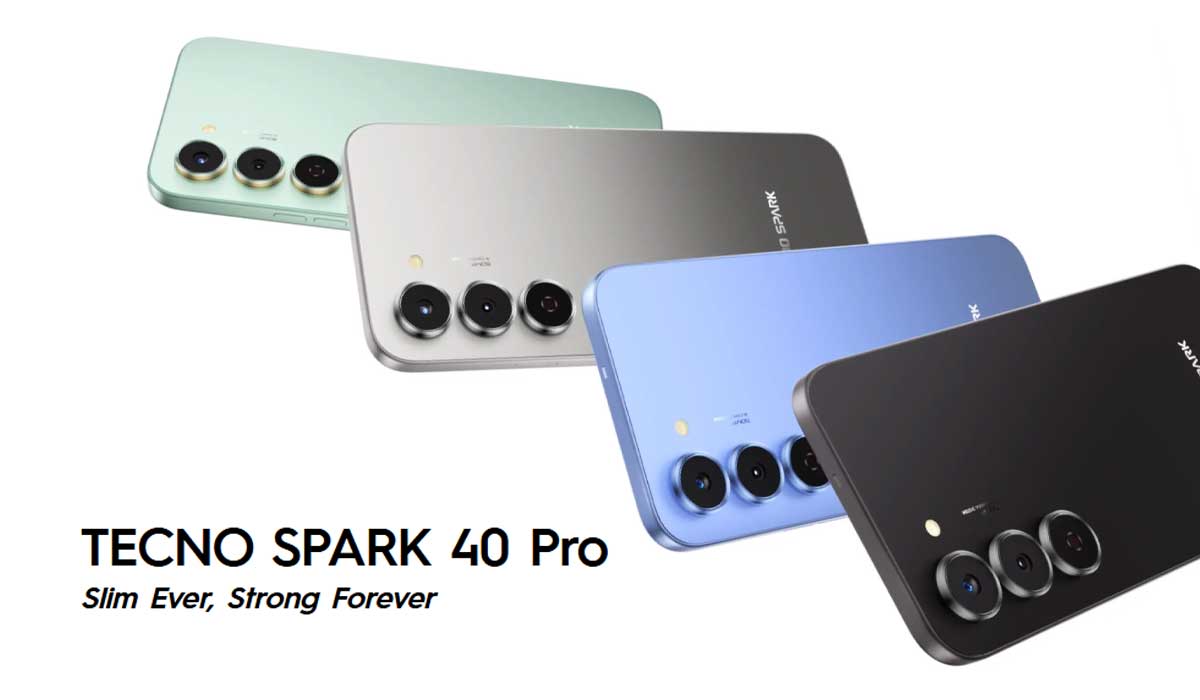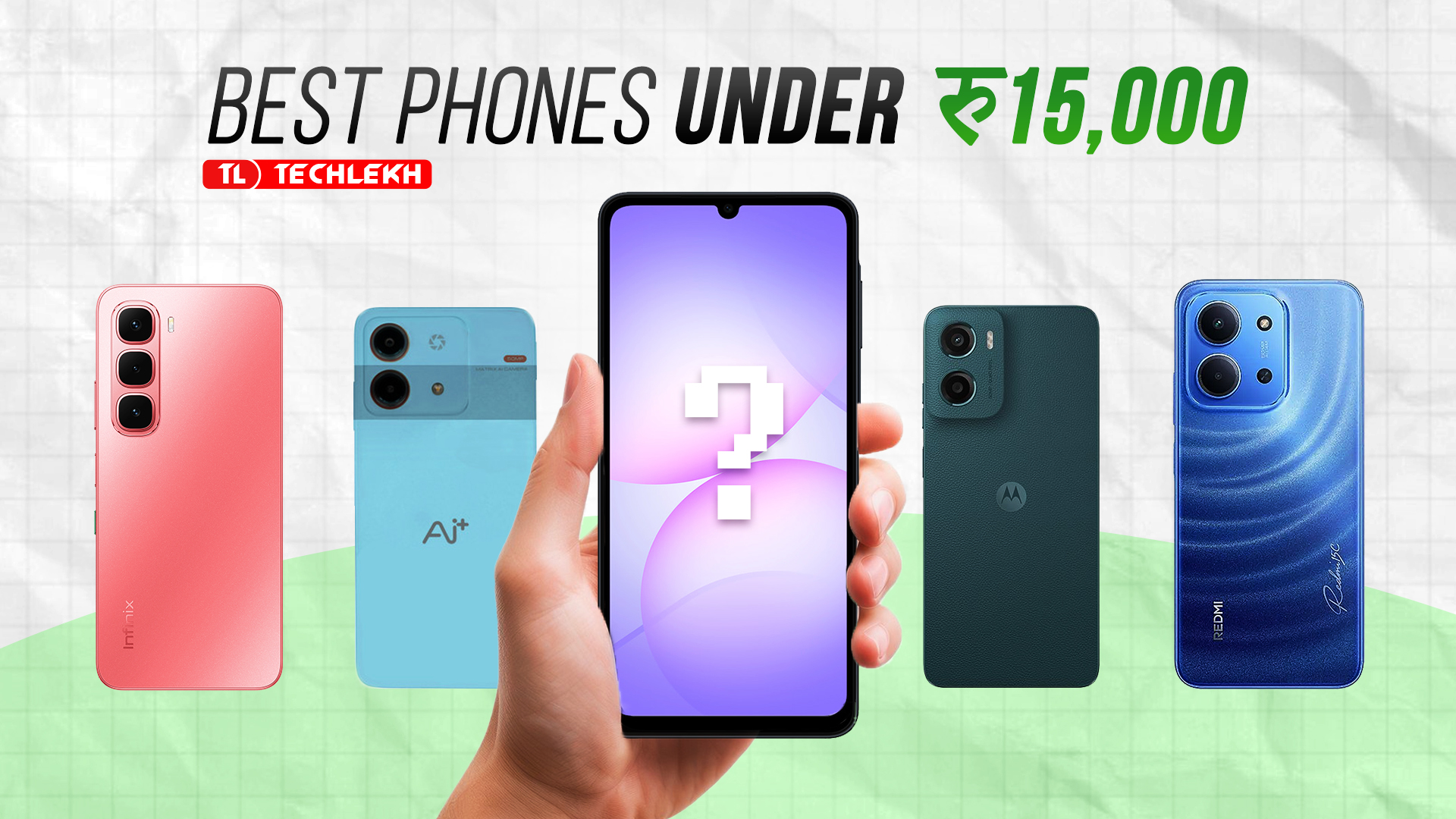The argument over which smartphone—Samsung or Apple—is better has continued for over a decade. Each brand is known for releasing updated models every year packed with new features and providing ever more accessibility and entertainment.
Despite both phones providing everything from major, like incredible cameras, to minor, like access to casino offers for players in the US, the argument seems unlikely to end anytime soon. Therefore, we’ve looked at both brands side-by-side to try and finally end a debate that’s lasted far too long.
Apple iPhone
Apple was the first to market and set the stage for what a smartphone should be. Launching the iPhone in 2007, the company had previously tried to enter the mobile market with the Newton MessagePad. The device, ahead of its time in 1993, ultimately failed.
With the launch of the iPhone, Apple devices became the de facto ruler of the mobile market. This was because it was the only smartphone available for almost a year until the first Android device came to market in late 2008.
Due to constant updates and new features, the iPhone has remained one of the top-selling smartphones, accounting for a market share of around 28% internationally. Due to its premium quality and price tag, the device is also seen as a status symbol in many countries.
Samsung
Unlike Apple, Samsung experienced significant success early in the mobile device industry. Launching several phones throughout the early 2000s, the brand first adopted Android to power its smartphones in 2009. The move to Android coincided with the company’s launch of its first Galaxy Smartphone.
Quickly competing with Apple, Samsung Galaxy devices were packed with innovative features and regularly launched a variety of models. These targeted a wider segment of the market, ranging from entry-level to more premium devices that competed with the iPhone.
Due to a wider range of models, Samsung quickly gained a large share of the market. While the company’s success in this space has fluctuated over the years, plagued with occasional disasters such as the exploding Galaxy Note 7 models, this strategy has helped the brand acquire a current market share of around 18.3%.
Operating System
Aside from their slightly different smartphone approaches, the primary difference between Samsung and Apple devices is their operating system. Since their release, Apple iPhones have used the iOS environment.
This OS, known for its seamless integration into the Apple ecosystem, focuses on security and user privacy. It is also commonly known to be incredibly user-friendly, often more so than competitors. This makes navigation easier for users and provides a smoother experience.
By contrast, Samsung devices use Google’s Android operating system, which is overlaid with its own OneUI design. Android provides a broader option for personalization and is used by almost all other smartphone brands. It is known for its flexibility and is also simple to use for most users.
With many arguments spawned over which OS is better, the reality is that both offer unique features and are easy to use for new and advanced users alike.
Hardware
When it comes to hardware, the brands also take a slightly different approach.
Displays
Samsung is commonly seen as the better option in terms of display. Using AMOLED technology in its upper-level devices, Galaxy smartphones offer high resolutions that are superior compared to iPhones, along with vibrant colors.
In contrast, iPhone devices often use OLED technology that excel in offering boosted brightness and accurate colors. Despite this, Samsung displays are commonly better rated for general benchmarks.
Cameras
iPhone cameras are among the best-rated smartphone cameras on the market. Part of the reason is the brand’s extensive use of computational photography. Despite offering lower megapixels than Samsung devices, Apple cameras also offer incredible image processing and video recording.
While iPhone cameras are top-rated, Samsung cameras don’t fall far behind. The brand is known to push the boundaries of mobile megapixels and has innovative features like Space Zoom. However, the brand has yet to catch up to the clarity and sharpness of iPhone devices.
Processor
Samsung has used Snapdragon and Exynos processors for several years. These provide top-tier performance for the upper ranges of the Galaxy series, like the S24 or Z range, but are known to be sluggish on entry-level models.
Rather than using another company’s processor, Apple manufactures its own A-series chips for use in the iPhone. These consistently score higher in benchmark tests than Samsung’s choice and provide better raw processing power for the operating system to take advantage of.
Other
In terms of things like design and battery, both smartphones are generally on par. Samsung often provides larger-capacity fast-charging batteries, but Apple is known for its premium aesthetic and style.
In terms of overall hardware and the difference this tech makes when using the phone, Samsung’s devices have a slight edge over Apple due to aspects like battery life. However, this is only true for the brand’s top-tier models, with entry-level and mid-range options not being close to competition with Apple.
Ecosystem
In recent years, Samsung has made significant strides in creating an ecosystem that allows multiple devices, such as the Galaxy Watch, Galaxy Buds, and SmartThings, to work in unity. However, the integration is still somewhat disjointed and, while working well, isn’t always smooth.
On the other hand, Apple has a tightly integrated ecosystem comprising devices and services including the MacBook, iPhone, iPad, and Apple Watch, which all provide access to features like iCloud, Apple Music, and Apple Pay. The interlinking of all these products and services has garnered Apple a reputation for its ecosystem that Samsung has yet to achieve.
The Winner
Despite Apple winning the war of ecosystems, the brand comes second in terms of overall hardware and ties with Samsung when it comes to its OS. This reality of there not being a clear winner between the two brands is one of the primary reasons for the argument continuing over which is better.
For those looking for a status symbol with an incredible camera and smooth performance, the Apple iPhone is the right choice—if you’re willing to pay a hefty sum for it.
For those looking for a reliable smartphone packed with features, Samsung’s devices won’t steer you wrong—as long as you’re willing to pay for the upper-tier devices. That said, opting for any device other than the upper tier might leave you wishing you’d purchased an Apple instead.
-
TechLekh Awards: Best Tablets of 2025 in Nepal Winners!The smartphone scene in Nepal was absolutely crackling this year with constant new launches and…
-
TechLekh Awards: Best Scooters of 2025 in Nepal Winners!Scooters have played a major role in shaping everyday mobility in Nepal. They have always…
-
TechLekh Awards: Best Bikes of 2025 in Nepal Winners!Motorcycling in Nepal has always meant more than just getting from one place to another.…
-
TechLekh Awards: Best Cars of 2025 in Nepal Winners!Electric vehicles continue to dominate Nepal’s market in 2025, and Chinese manufacturers still lead the…
-
Tecno Spark 40 Pro Launched in Nepal: A Familiar Face in the Android CrowdHIGHLIGHTS The Tecno Spark 40 Pro price in Nepal is Rs. 31,799 for the 8/256GB…
-
Best Phones Under 15000 in Nepal (January 2026 Updated)The price range of Rs. 10,000 to Rs. 15,000 must be one of the most…





 Image by
Image by 











